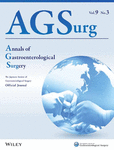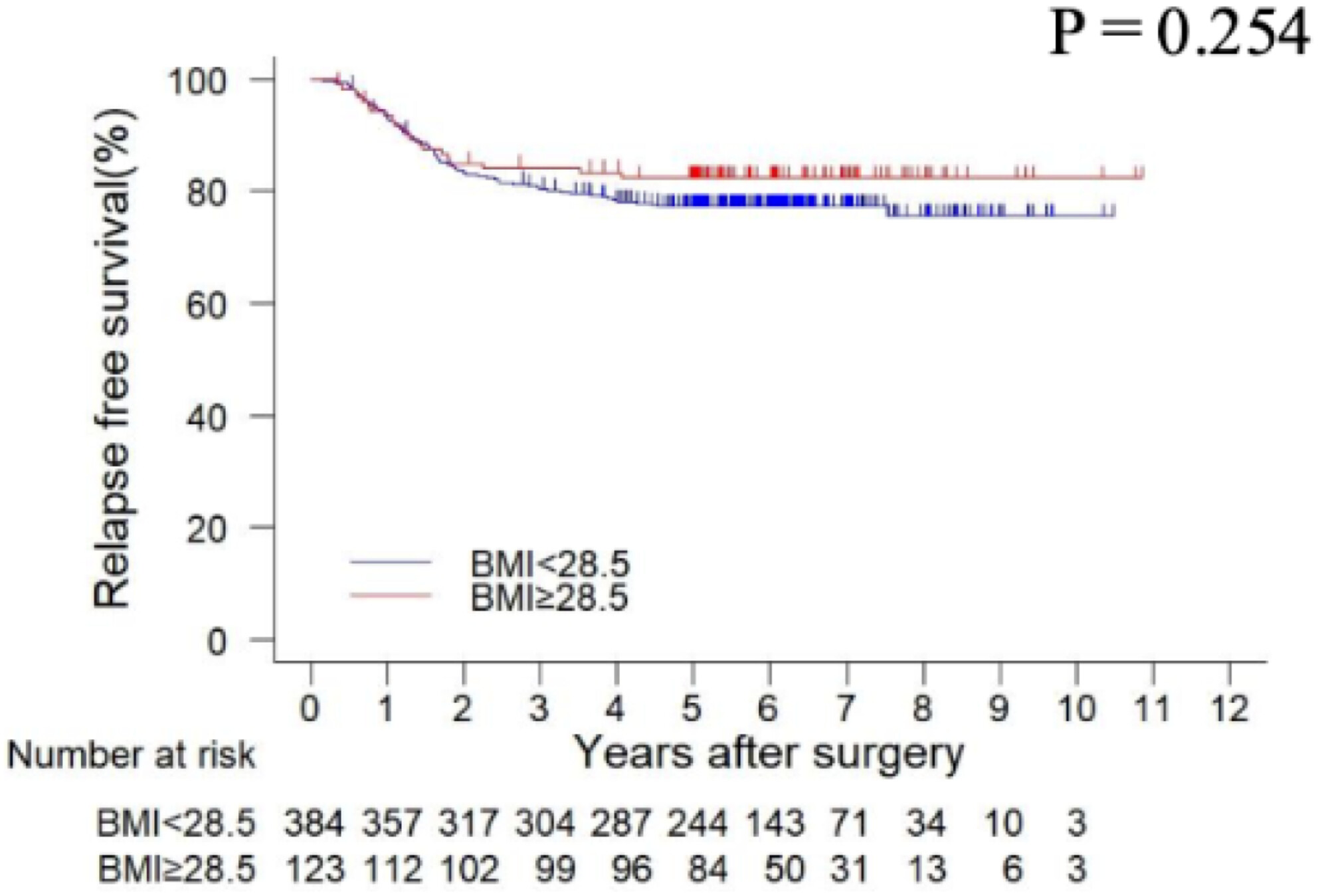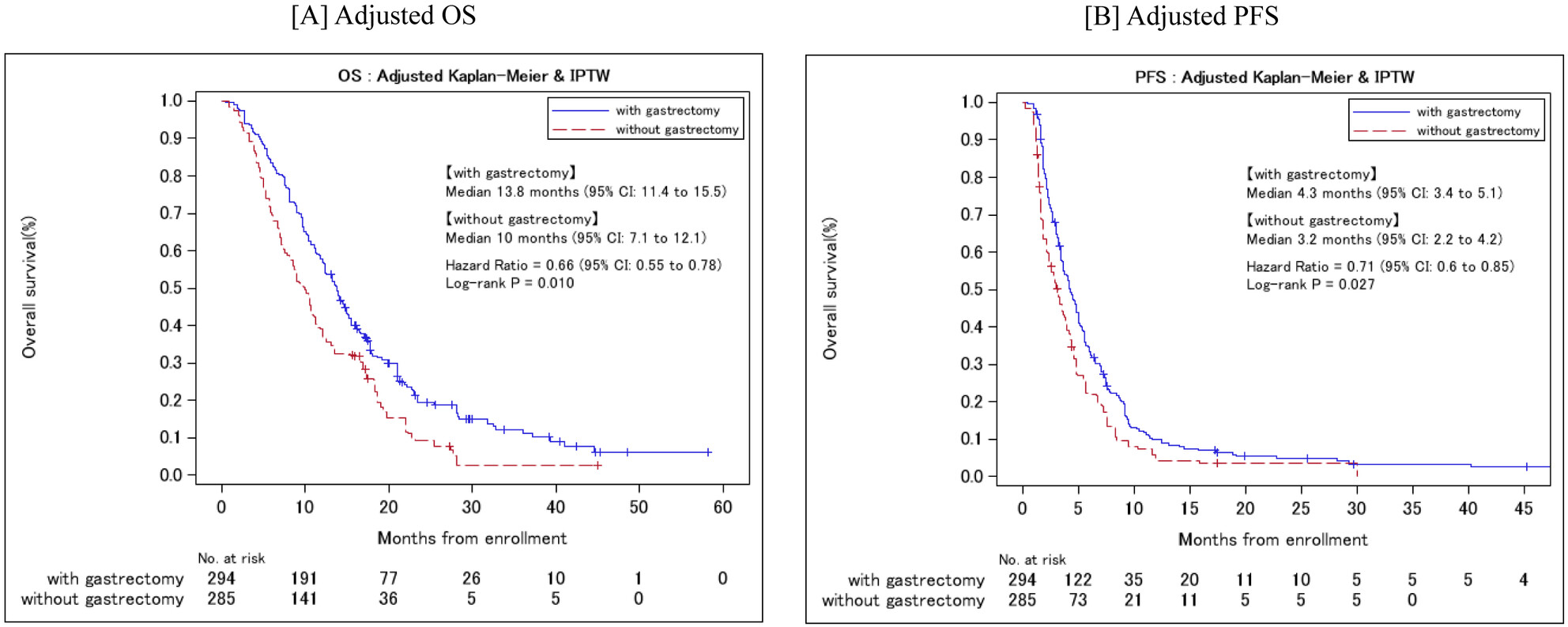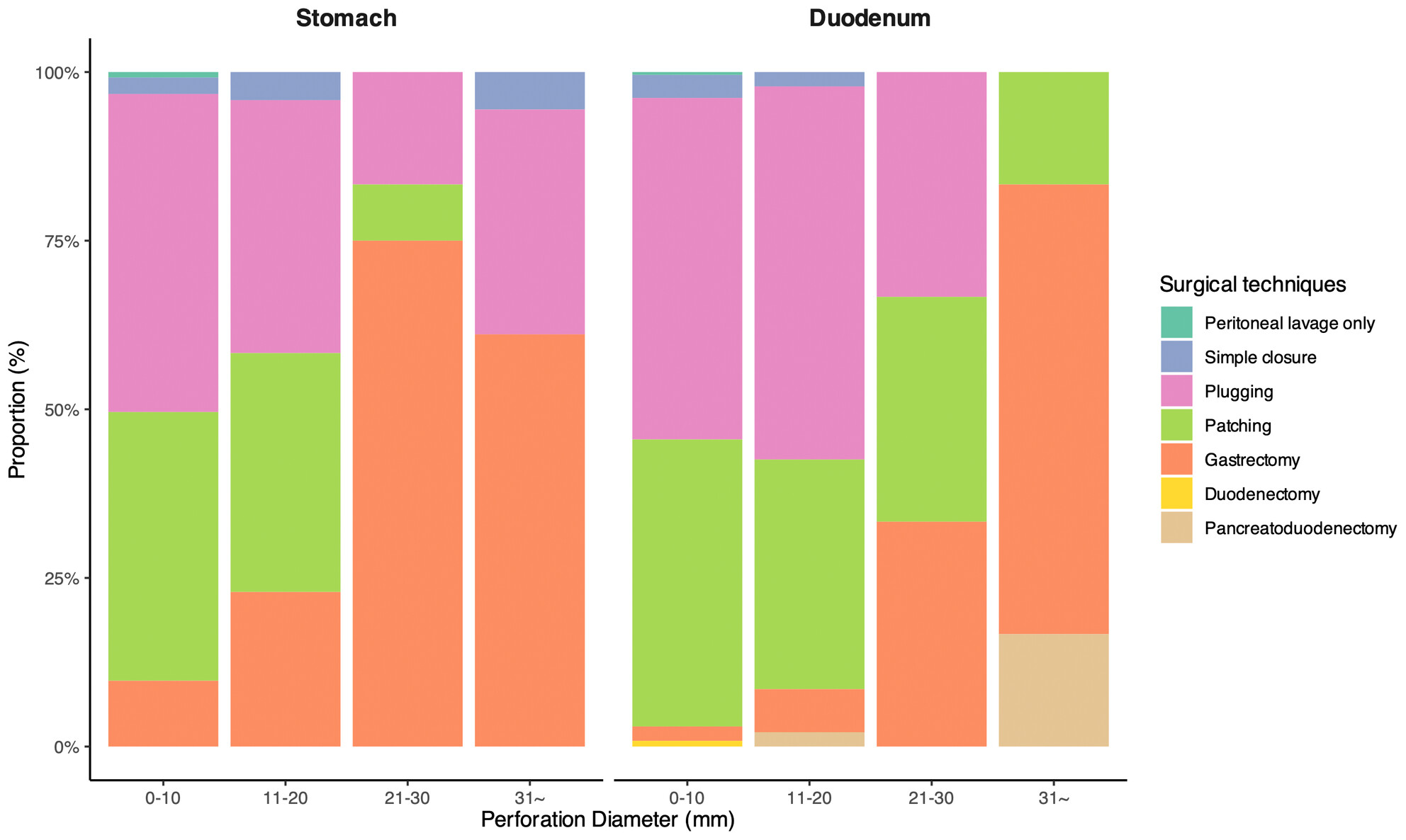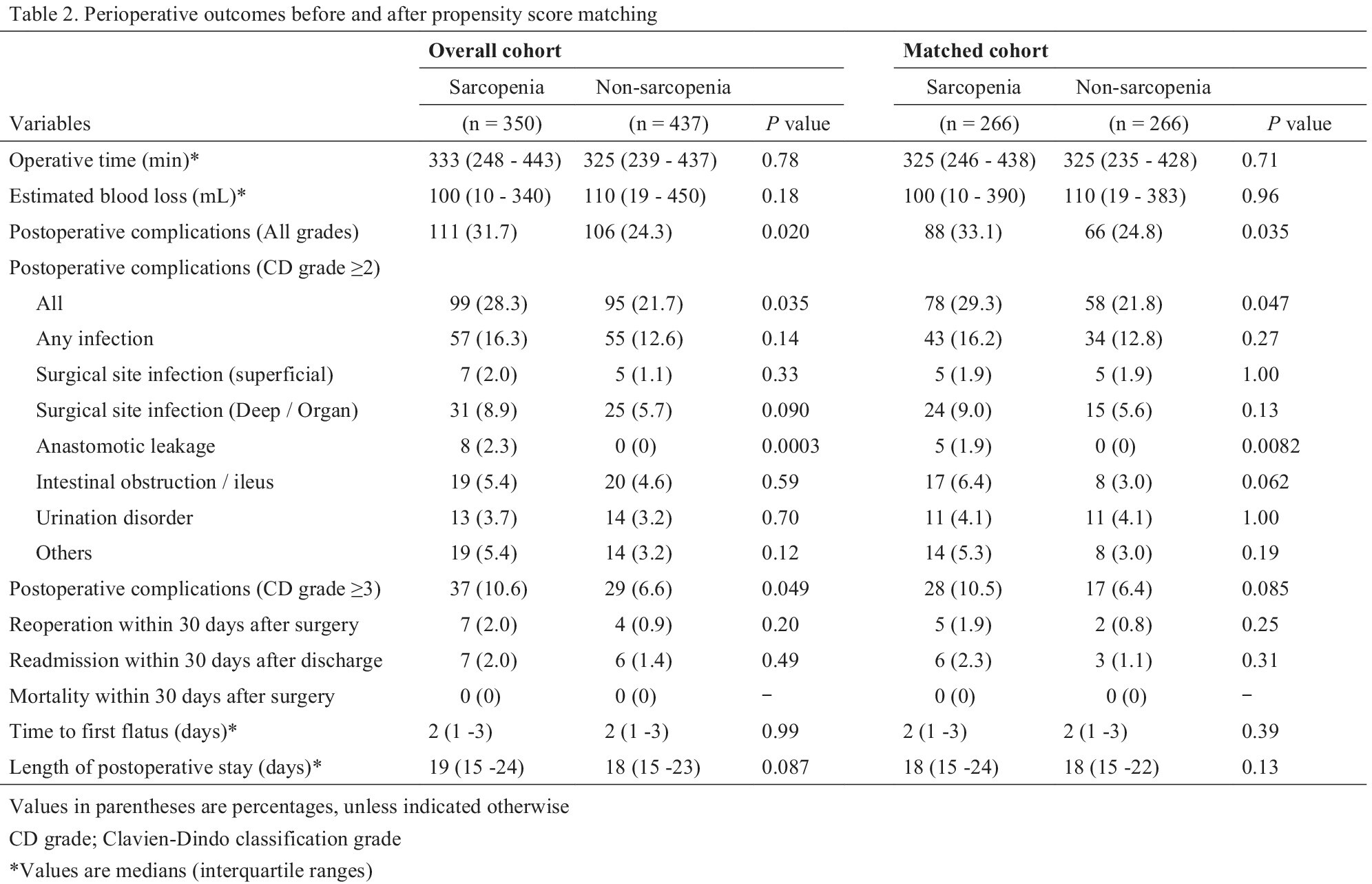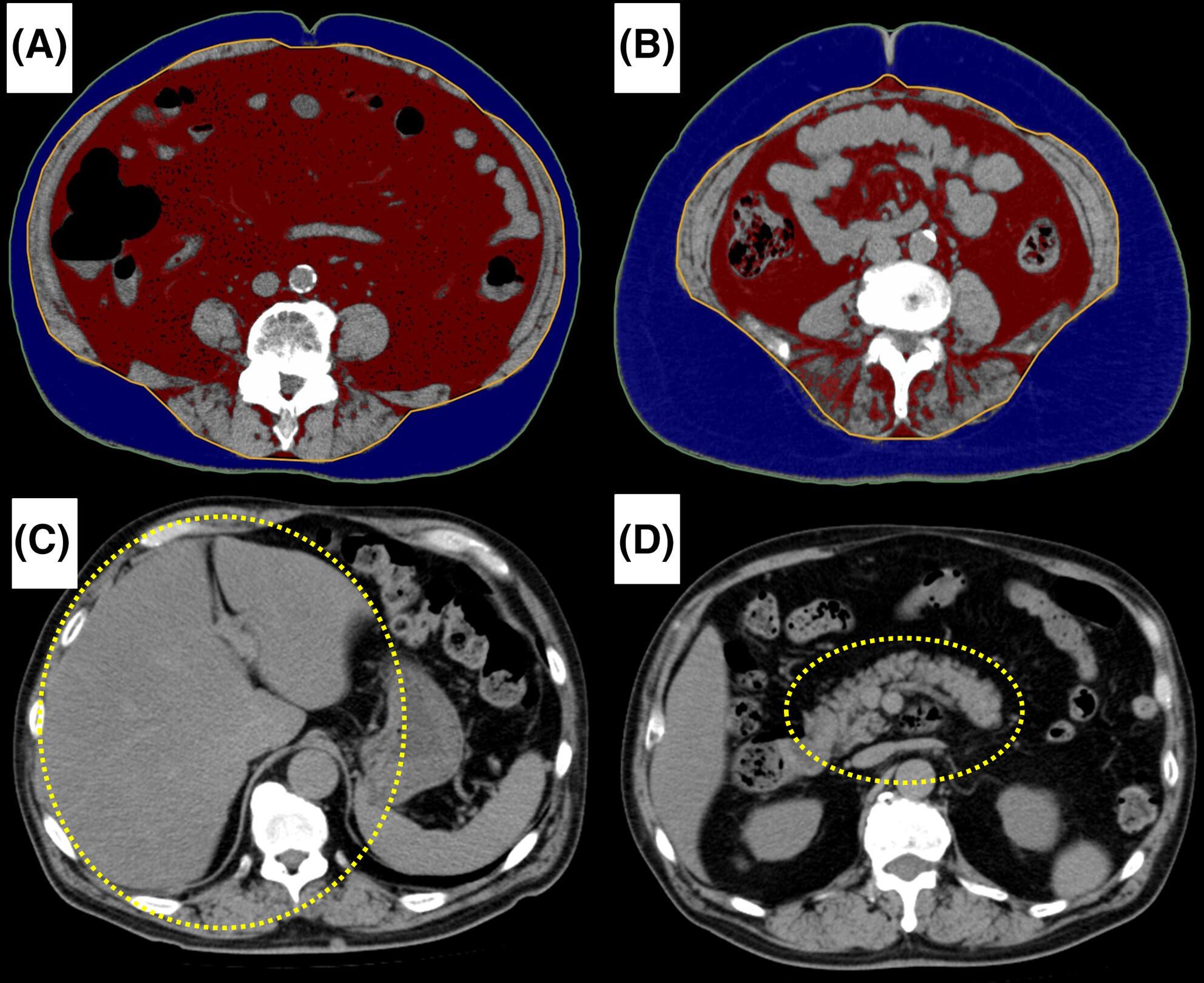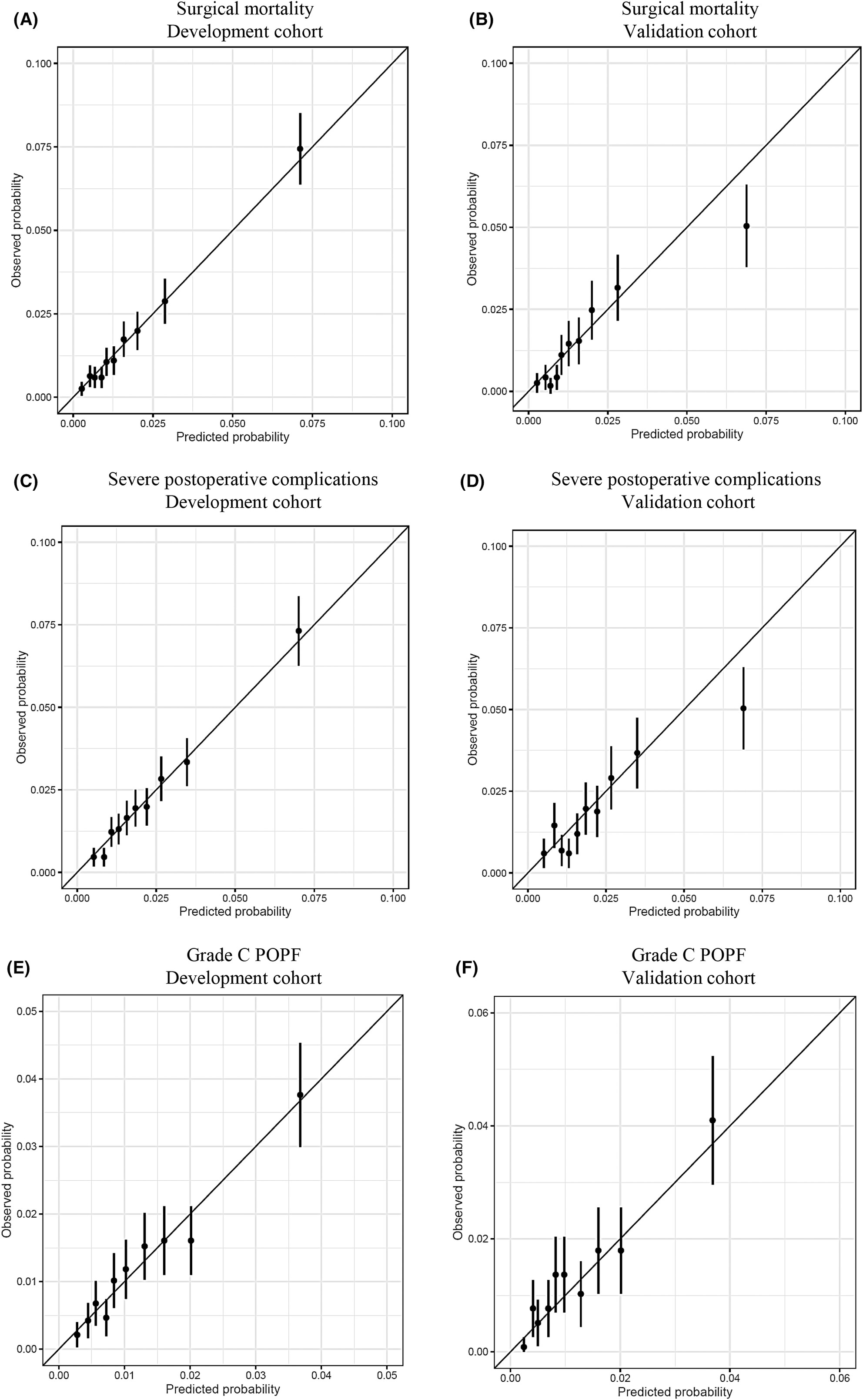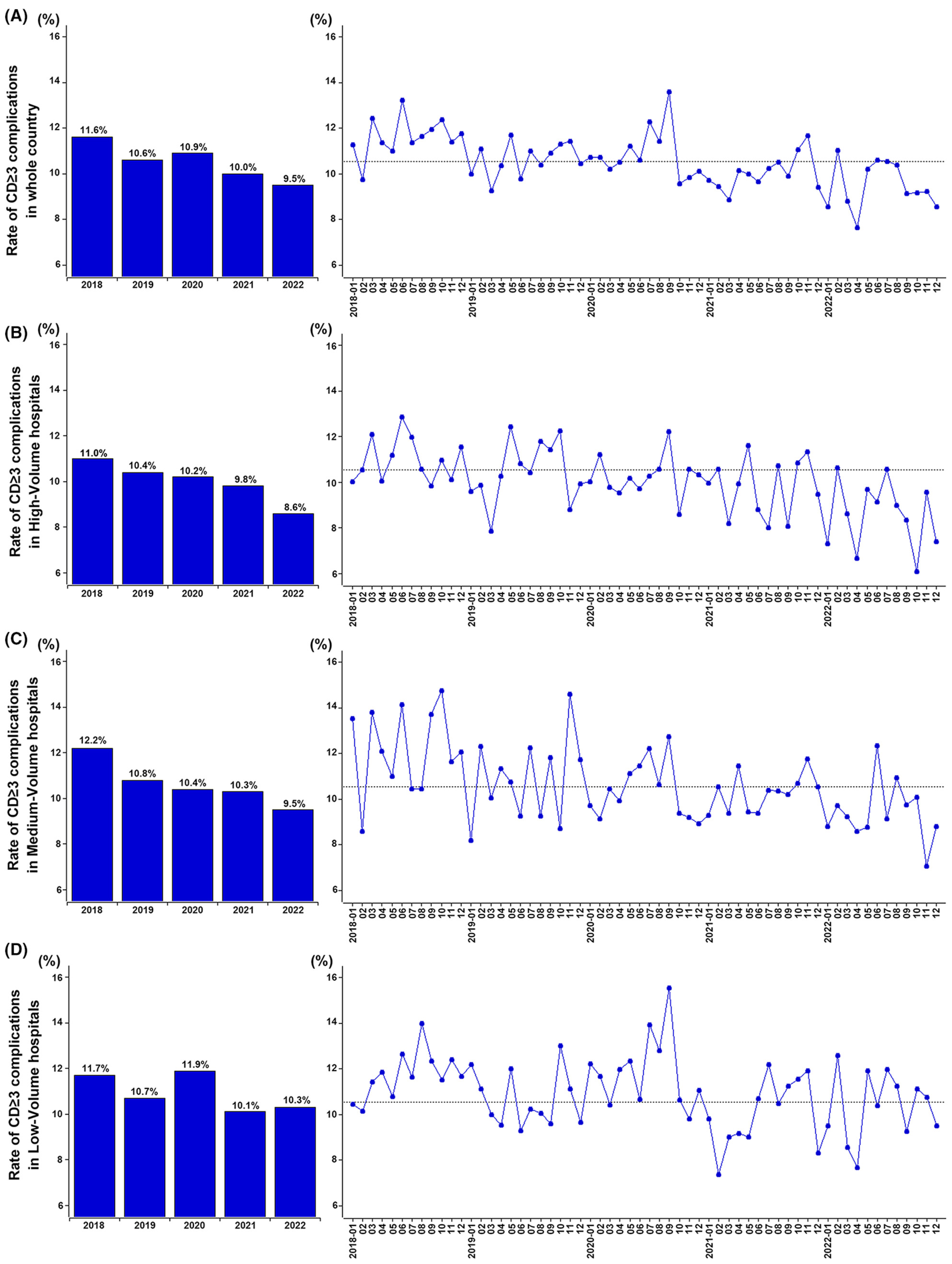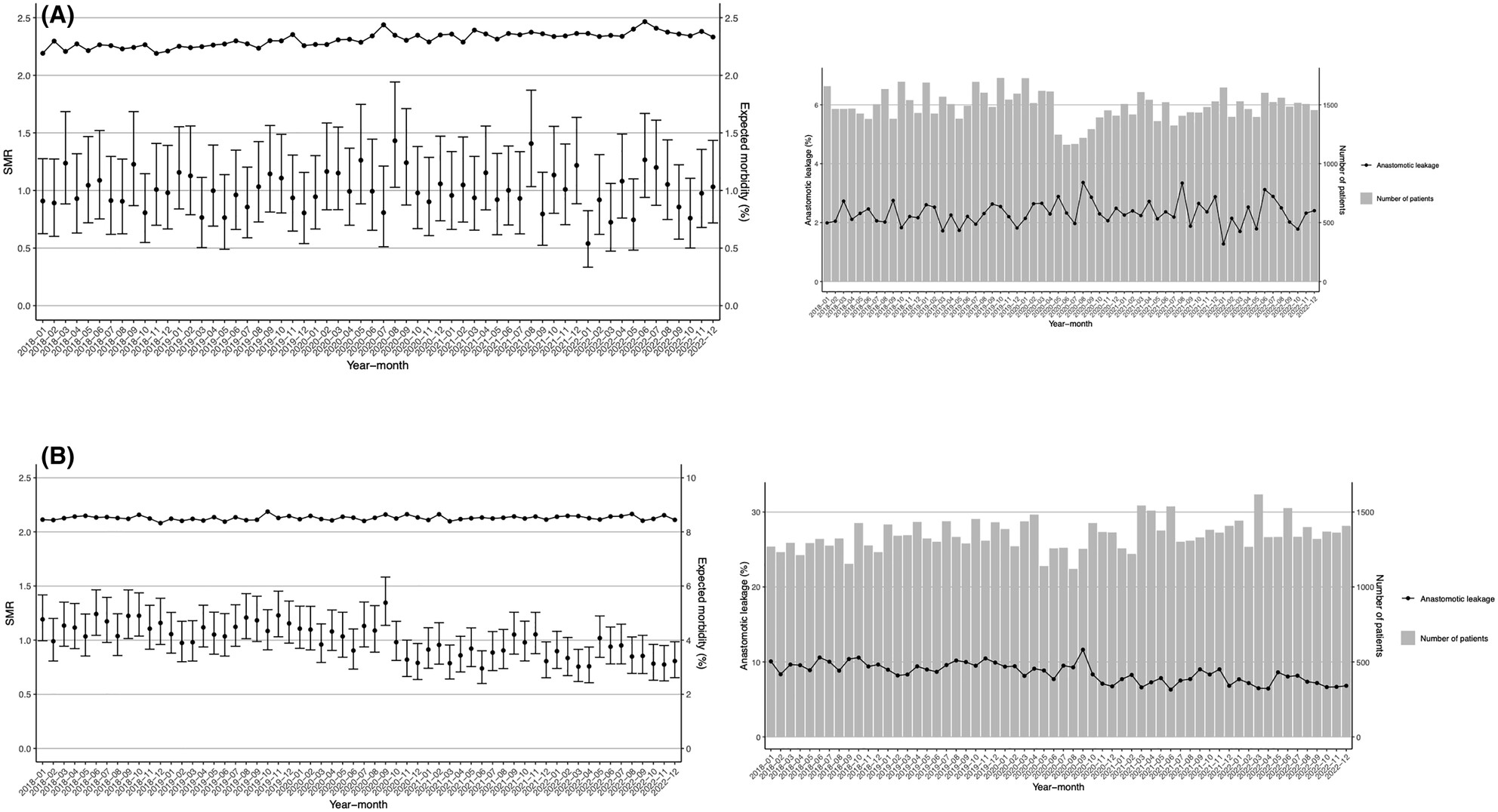Journal list menu
Export Citations
Download PDFs
ISSUE INFORMATION
JSGS PAPER
Impact of body mass index as a continuous variable on short- and long-term outcomes in patients undergoing laparoscopic surgery for colon cancer
- Pages: 392-400
- First Published: 23 January 2025
SPECIAL RESEARCH REPORT
Interview with the World Class Authorities Frontiers of Cancer Research: An exclusive interview with Professor Luis Diaz
- Pages: 401-407
- First Published: 03 March 2025

This is the second installment in the series, “The Interview with the World-Class Authorities.” We are honored to welcome Prof. Luis Diaz, the Director of the Division of Solid Tumor Oncology at Memorial Sloan Kettering Cancer Center and Editor-in-Chief of Cancer Discovery. Prof. Diaz's illustrious career has been distinguished by groundbreaking contributions to cancer genomics, immunotherapy, and liquid biopsy technologies. His landmark research on PD-1 blockade in mismatch repair-deficient cancers has revolutionized the treatment paradigm for gastrointestinal and other solid tumors. Among his many accolades are the AACR Waun Ki Hong Award and recognition as a Clarivate Highly Cited Researcher. Prof. Diaz's remarkable achievements and unwavering idealism continue to inspire not only young surgical scientists but also aspiring clinical surgeons.
SYSTEMATIC REVIEW
Effectiveness of advanced dressings in preventing surgical site infections compared to that of standard dressings in gastrointestinal surgery: A systematic review and meta-analysis for guideline revision by the Japanese Society for Surgical Infection
- Pages: 408-417
- First Published: 08 January 2025

This is a systematic review and meta-analysis of the efficacy of wound coverage using advanced dressings specifically for the prevention of surgical site infections (SSI) in gastrointestinal surgery. We found that the use of advanced dressings for primary wounds in gastrointestinal surgery was associated with a significantly lower risk of SSI than that associated with standard dressings.
REVIEW ARTICLE
Role of radiotherapy in surgical approaches to pancreatic cancer treatment: A narrative review
- Pages: 418-428
- First Published: 07 March 2025
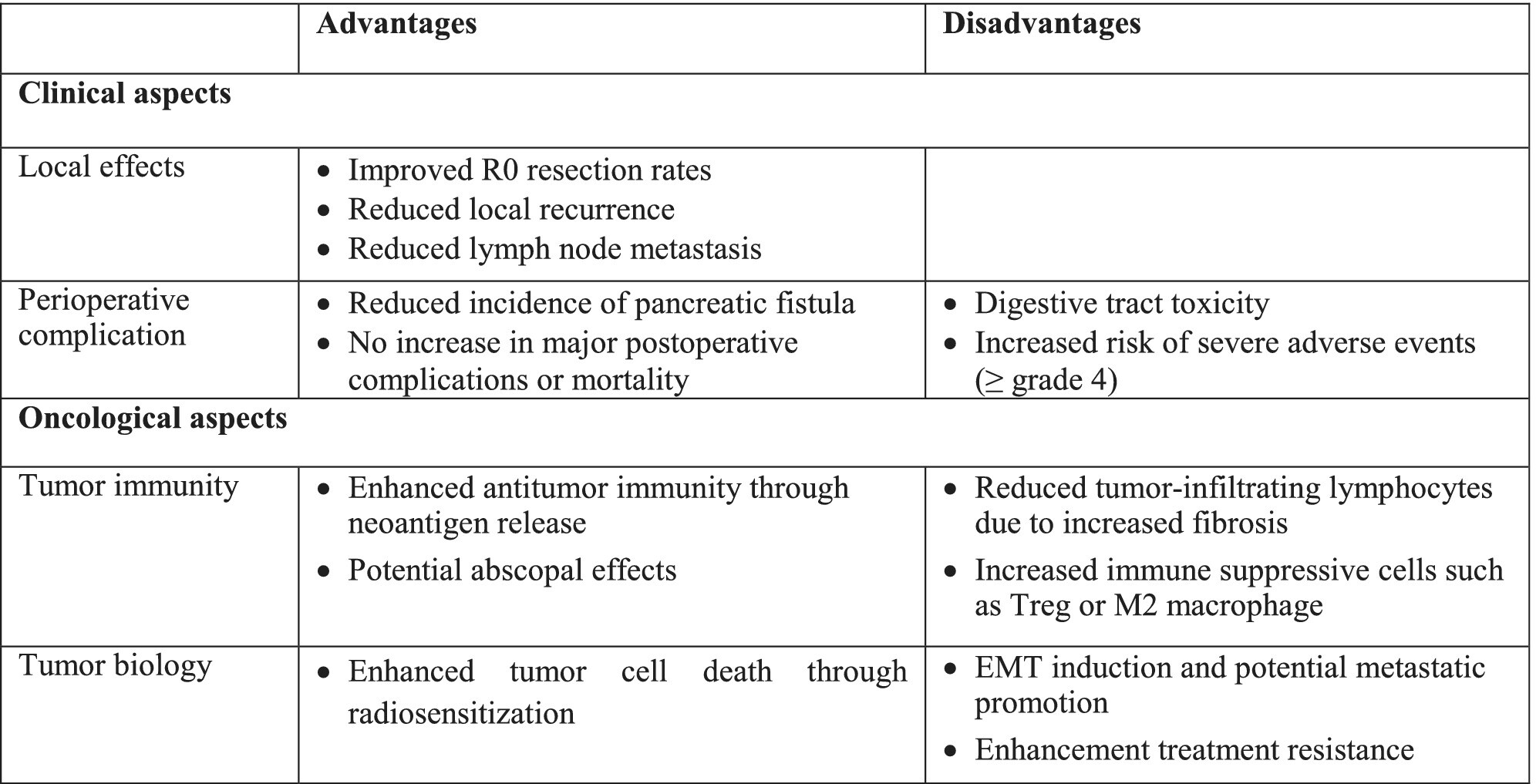
This review explores the role of radiotherapy (RT) in the multidisciplinary treatment of pancreatic ductal adenocarcinoma (PDAC), focusing on its integration with surgical strategies to improve resectability, local control, and survival outcomes while addressing potential challenges and future research directions.
ORIGINAL ARTICLE
Impact of gastrectomy on efficacy and safety of second-line chemotherapy patients with advanced gastric cancer: Exploratory analysis of two randomized phase III trials
- Pages: 429-438
- First Published: 04 November 2024
Possibly more favorable short-term outcomes with minimally invasive surgery than with open surgery in total gastrectomy for locally advanced gastric cancer: A single high-volume center study
- Pages: 439-447
- First Published: 12 November 2024
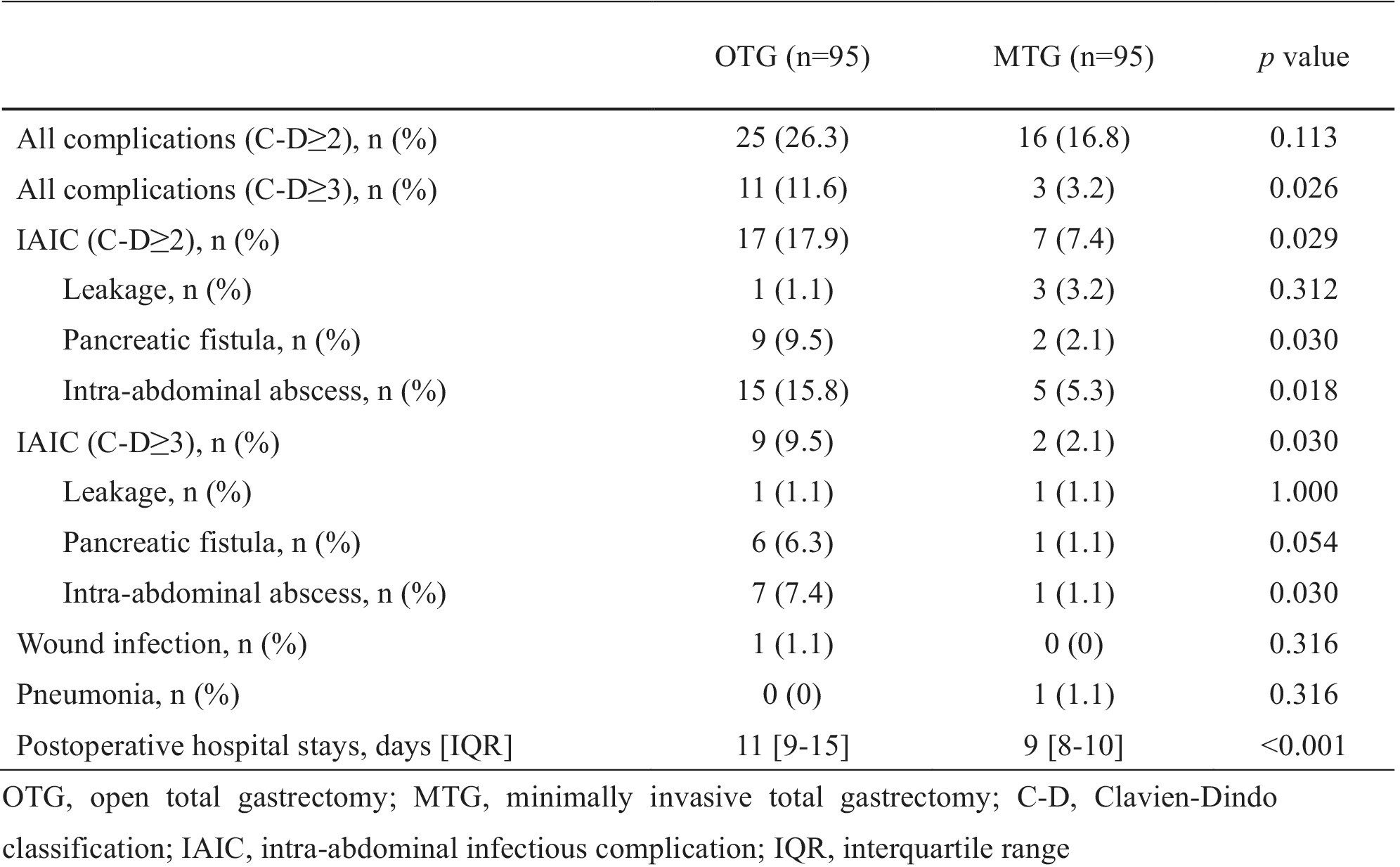
The MTG group had a significantly lower incidence of severe postoperative complications than the OTG group. Moreover, the incidences of pancreatic fistula and intra-abdominal abscess were also significantly lower in the MTG than in the OTG group. Additionally, the median hospital stay for the MTG group was significantly shorter than that of the OTG group.
Analysis of surgical volume and short-term outcomes for upper gastrointestinal cancer post-COVID-19: Evidence from a nationwide Japanese database
- Pages: 448-455
- First Published: 26 November 2024

This study examined changes in surgical volume and short-term outcomes for upper gastrointestinal cancer in the post-COVID-19 period using a nationwide Japanese database. We found that surgical treatments for gastrectomy and esophagectomy continued to be performed safely even after the COVID-19 pandemic.
Risk factors for pneumonia after endoscopic laryngopharyngeal surgery in cases with prior esophageal cancer treatment
- Pages: 456-463
- First Published: 03 March 2025
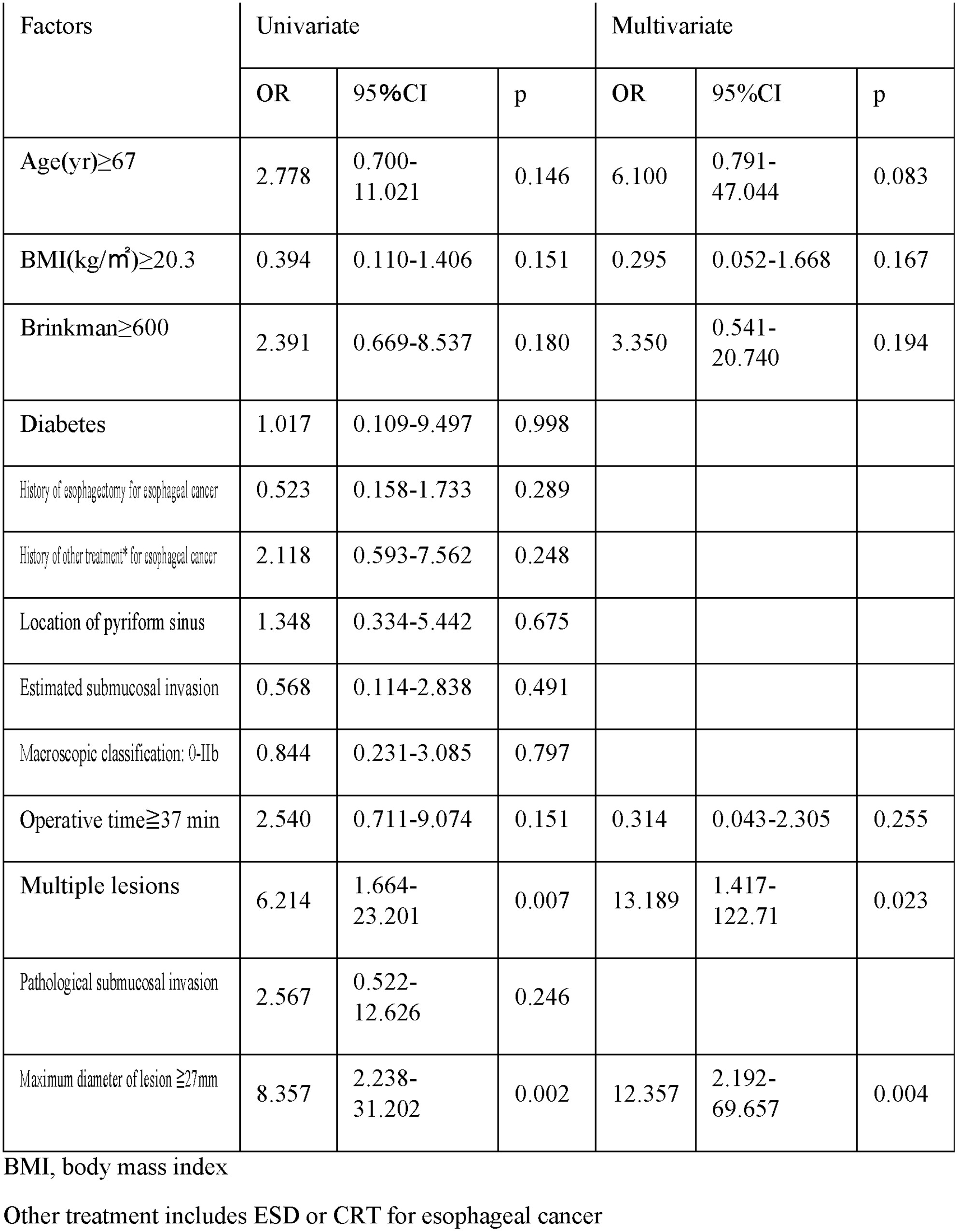
This study found that the risk factors for postoperative pneumonia after endoscopic laryngopharyngeal surgery for superficial laryngopharyngeal cancer were multiple lesions and larger lesion diameter. Prior esophagectomy for esophageal cancer did not increase the incidence of pneumonia, suggesting the procedure can be safely performed with careful monitoring.
Analysis of the characteristics and management of perforated peptic ulcer from 2011 to 2022: A multicenter and retrospective descriptive study
- Pages: 464-475
- First Published: 05 January 2025
Effect of autonomic nervous system resection extent on urinary dysfunction in robotic rectal cancer surgery
- Pages: 476-485
- First Published: 04 November 2024
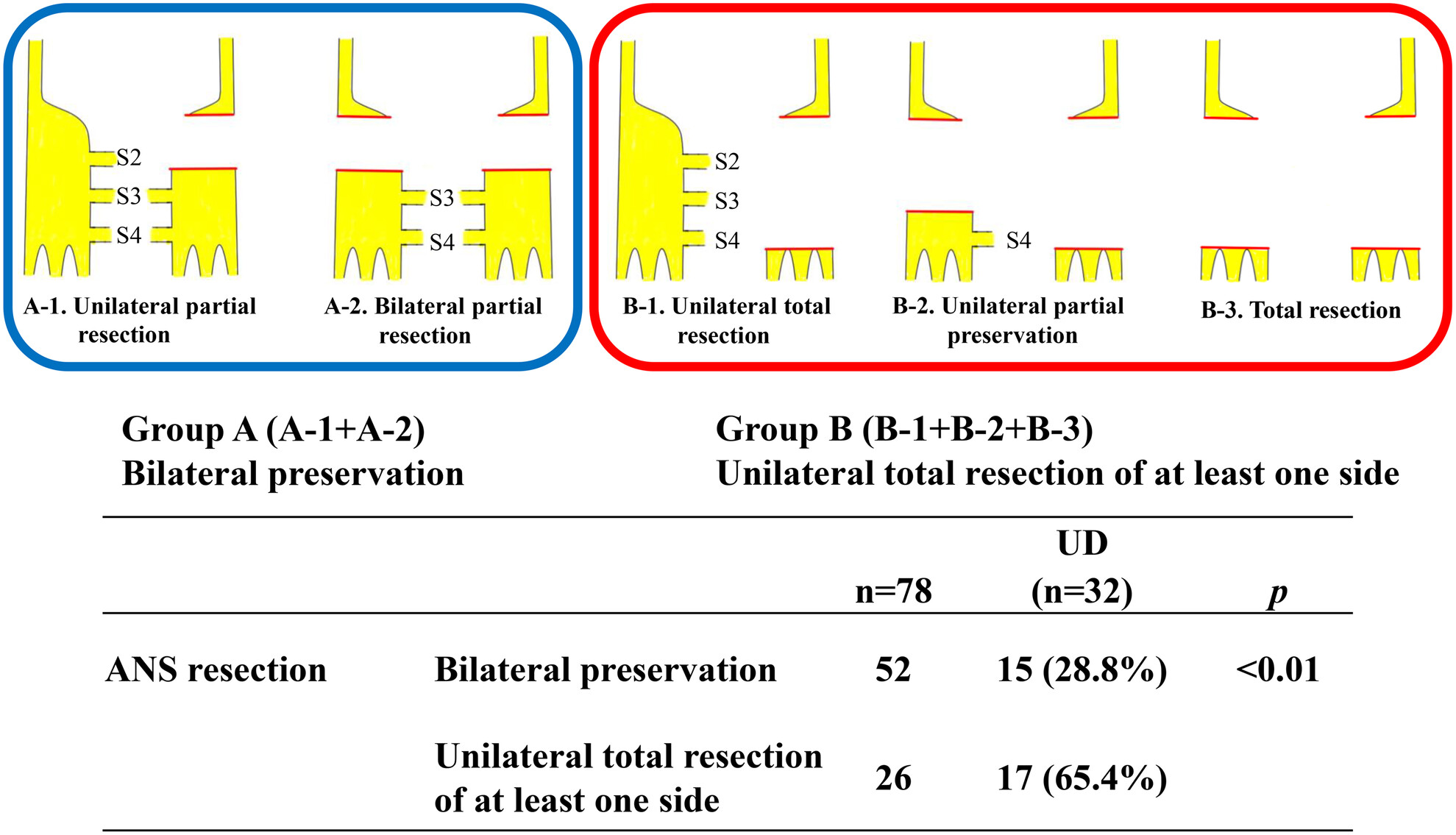
In rectal cancer surgery, this study examined the risk factors for urinary dysfunction and the effect of autonomic nervous system resection extent on urinary dysfunction. Autonomic nervous system resection and lateral lymph node dissection were independent risk factors for urinary dysfunction. The extent of autonomic nervous system resection was associated with increased urinary dysfunction.
Prognostic value of surgical treatment in elderly patients with ulcerative colitis-associated colorectal cancer: A subanalysis of a nationwide Japanese multicenter study
- Pages: 486-495
- First Published: 12 November 2024
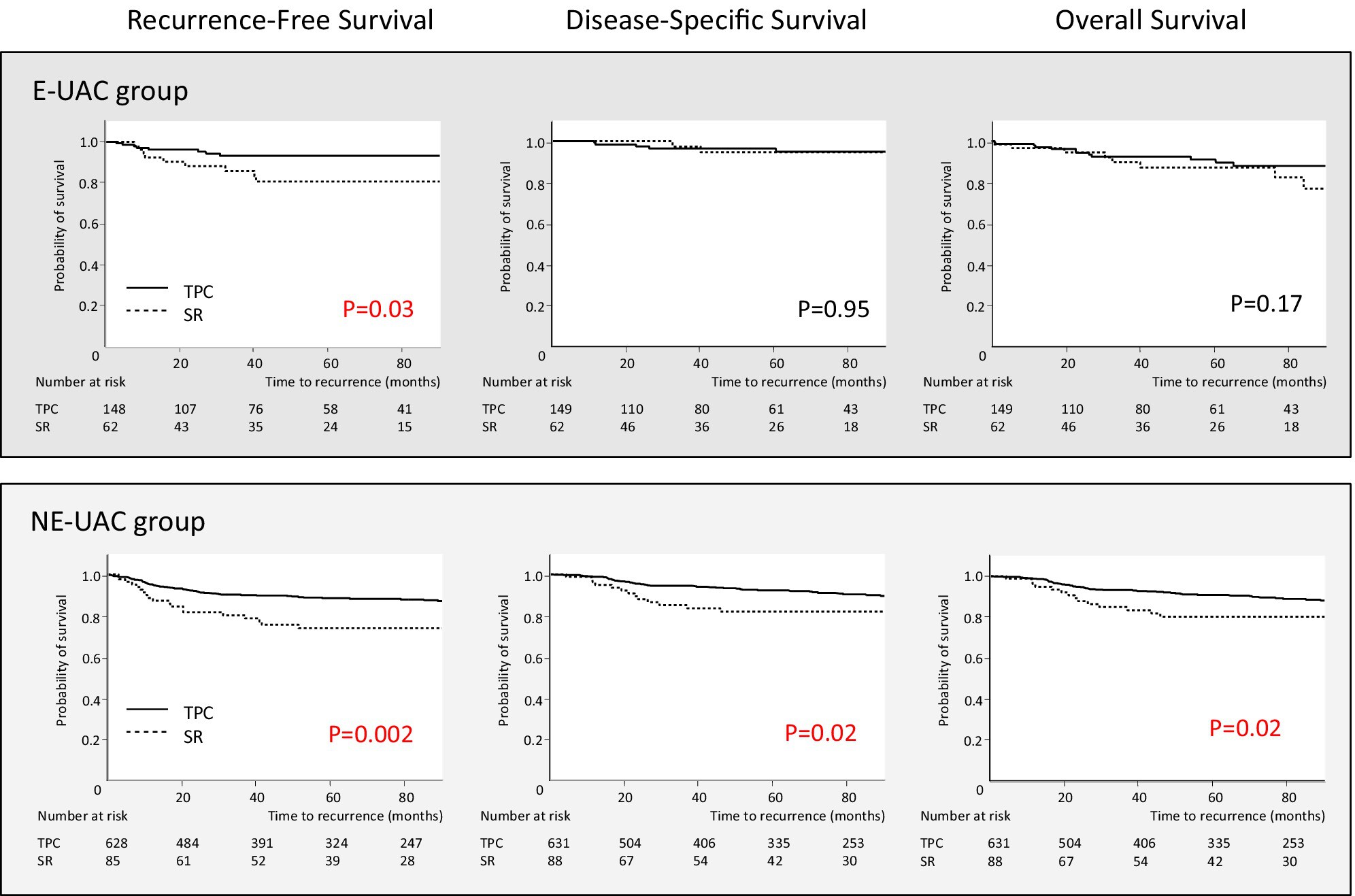
Our study examined the characteristics of elderly patients diagnosed with ulcerative colitis-associated colorectal cancer. We showed that factors associated with aggressive tumor characteristics played a significant role in recurrence risk in the nonelderly patients, but not in the elderly patients.
Three timepoint perioperative CEA levels are a prognostic factor for recurrence after adjuvant chemotherapy in patients with Stage II and III colorectal cancer
- Pages: 496-504
- First Published: 19 November 2024
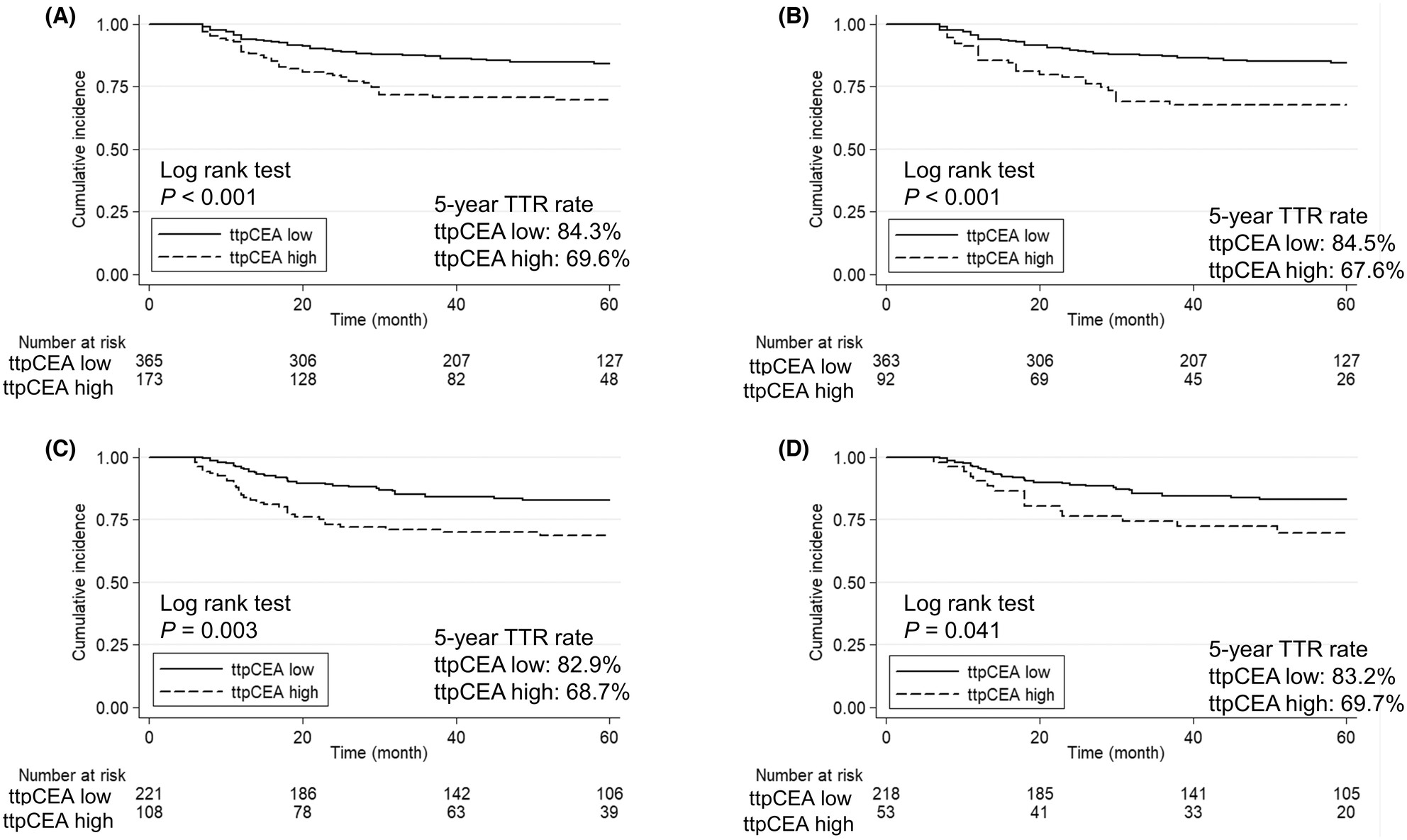
This study aimed to investigate the relationship between the three timepoint perioperative CEA (ttpCEA) calculated at three timepoints and recurrence during the perioperative period in Stage II and III colorectal cancer (CRC) patients. A total of 538 patients were included for the training data and 329 patients for validation data, and 5-y time-to-recurrence was significantly greater in the ttpCEA-low subgroup than in the ttpCEA-high subgroup in both data. Perioperative CEA levels at different timepoints was a prognostic factor for recurrence in Stage II and III CRC patients.
Effects of an increase in emergency cases with difficulties in transport to hospital during the COVID-19 pandemic on postoperative short-term outcomes of colorectal perforation: A study based on the National Clinical Database
- Pages: 505-517
- First Published: 27 November 2024
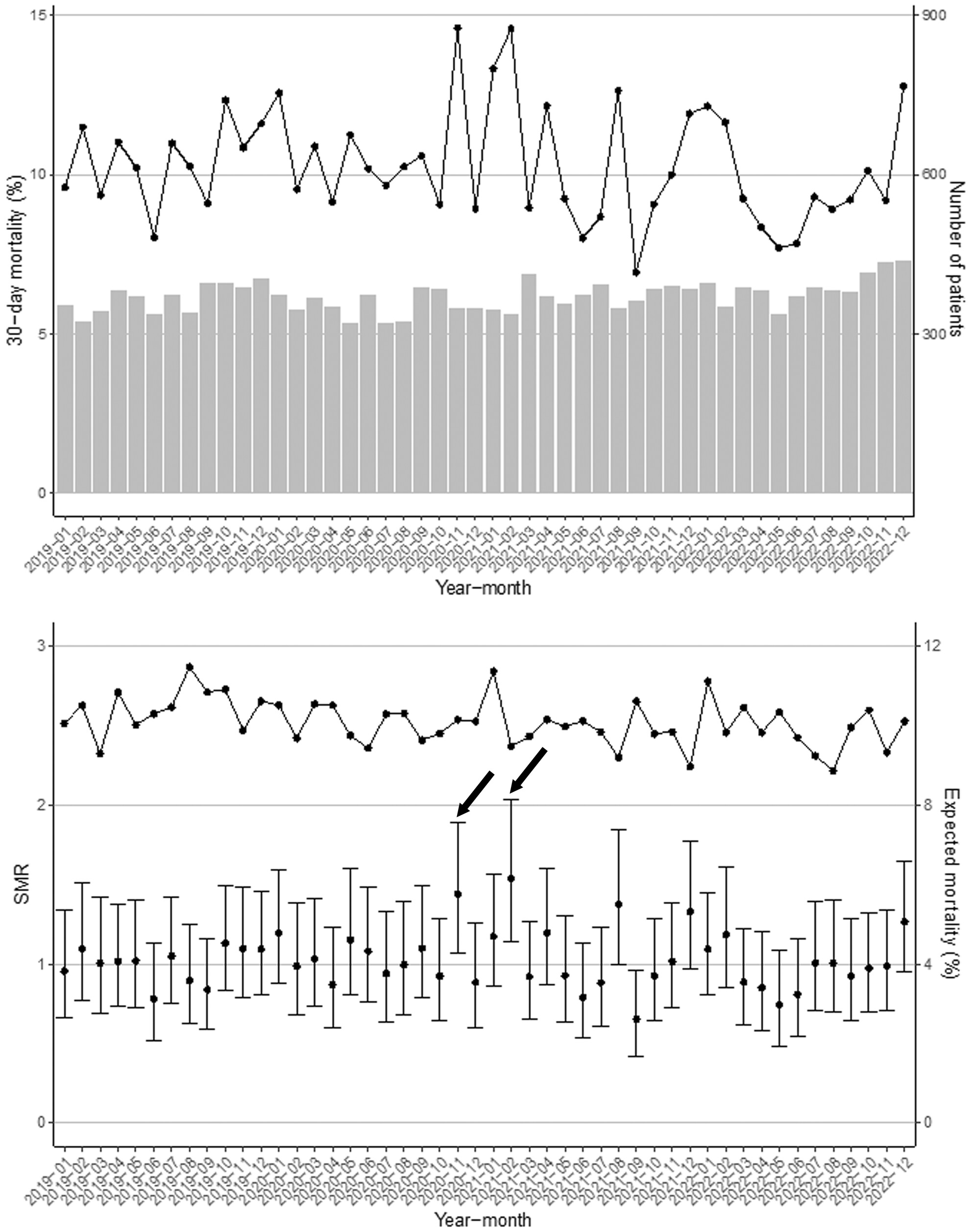
In 2022, emergency cases with difficulties in transport markedly increased during the COVID-19 pandemic, but had little effect on short-term outcomes of colorectal perforation. These data suggest that the emergency system for patients with colorectal perforation was largely maintained during the pandemic in Japan, with no evidence indicating a serious breakdown of the system.
Preoperative sarcopenia negatively impacts short- and long-term outcomes of rectal cancer: A propensity score-matched analysis
- Pages: 518-528
- First Published: 24 November 2024
Novel body component score predicts long-term survival in patients with stage I–III colorectal cancer following radical resection
- Pages: 529-537
- First Published: 26 November 2024
Diagnosis of necrotic and non-necrotic small bowel strangulation: The importance of intestinal congestion
- Pages: 538-545
- First Published: 05 December 2024

CT of 141 patients with small bowel strangulation (SBS) was reviewed. Mesenteric edema and abnormal bowel wall thickening are prevalent in both non-necrotic and necrotic SBS, indicating the primary pathology of SBS. While bowel hypo-enhancement was detected in 76% of patients with necrotic SBS, it appeared in only 51% of those with non-necrotic SBS.
Association between surgical difficulty and tumor location based on subsegments of the Glisson branches in laparoscopic liver resection
- Pages: 546-558
- First Published: 12 November 2024

Our study validates the need for a more detailed and accurate tumor location scoring system within the IWATE criteria. The proposed classification based on subsegmental Glisson branches provides a sophisticated tool for assessing LLR difficulty. By providing a more detailed assessment, this new system has the potential to enhance surgical planning, optimize patient selection, achieve safer learning curves and improve intra- and postoperative outcomes.
Updated risk prediction model for pancreaticoduodenectomy using data from the National Clinical Database in Japan
- Pages: 559-568
- First Published: 11 November 2024
Possibility of incorrect evaluation of intraoperative blood loss during open and laparoscopic distal pancreatectomy
- Pages: 569-577
- First Published: 06 January 2025
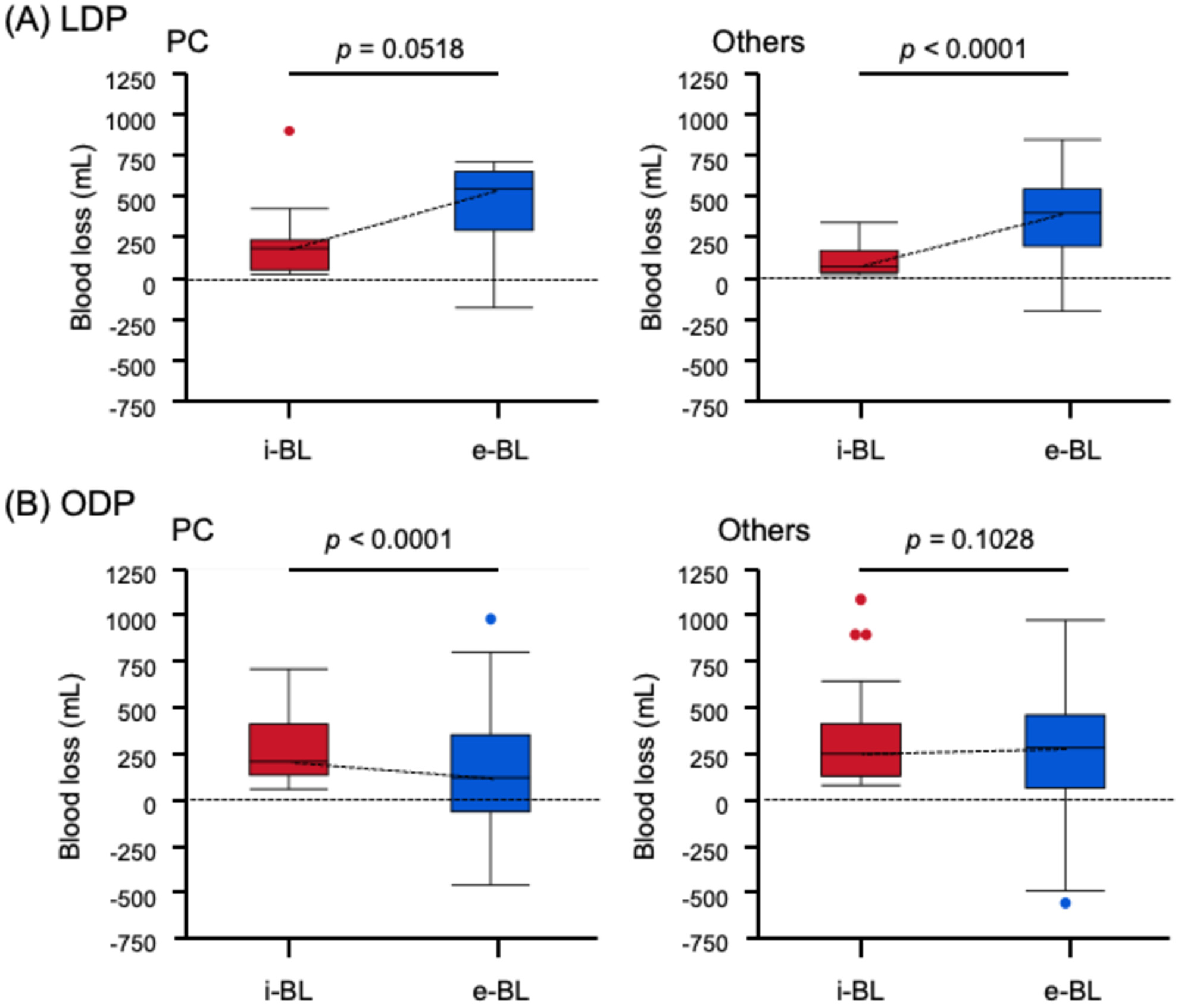
This study showed that estimated BL (e-BL) was significantly greater than intraoperative BL(i-BL) in cases of laparoscopic distal pancreatectomy (LDP), and that e-BL was significantly less than i-BL in cases of open DP (ODP), only among patients with pancreatic cancer. These results suggest the possibility of incorrect evaluation of intraoperative blood loss during DP, not only in patients who undergo LDP but also in those who undergo ODP.
Impact of hepatospleno volume ratio on postoperative chronic liver failure after major hepatectomy for perihilar cholangiocarcinoma
- Pages: 578-586
- First Published: 08 December 2024
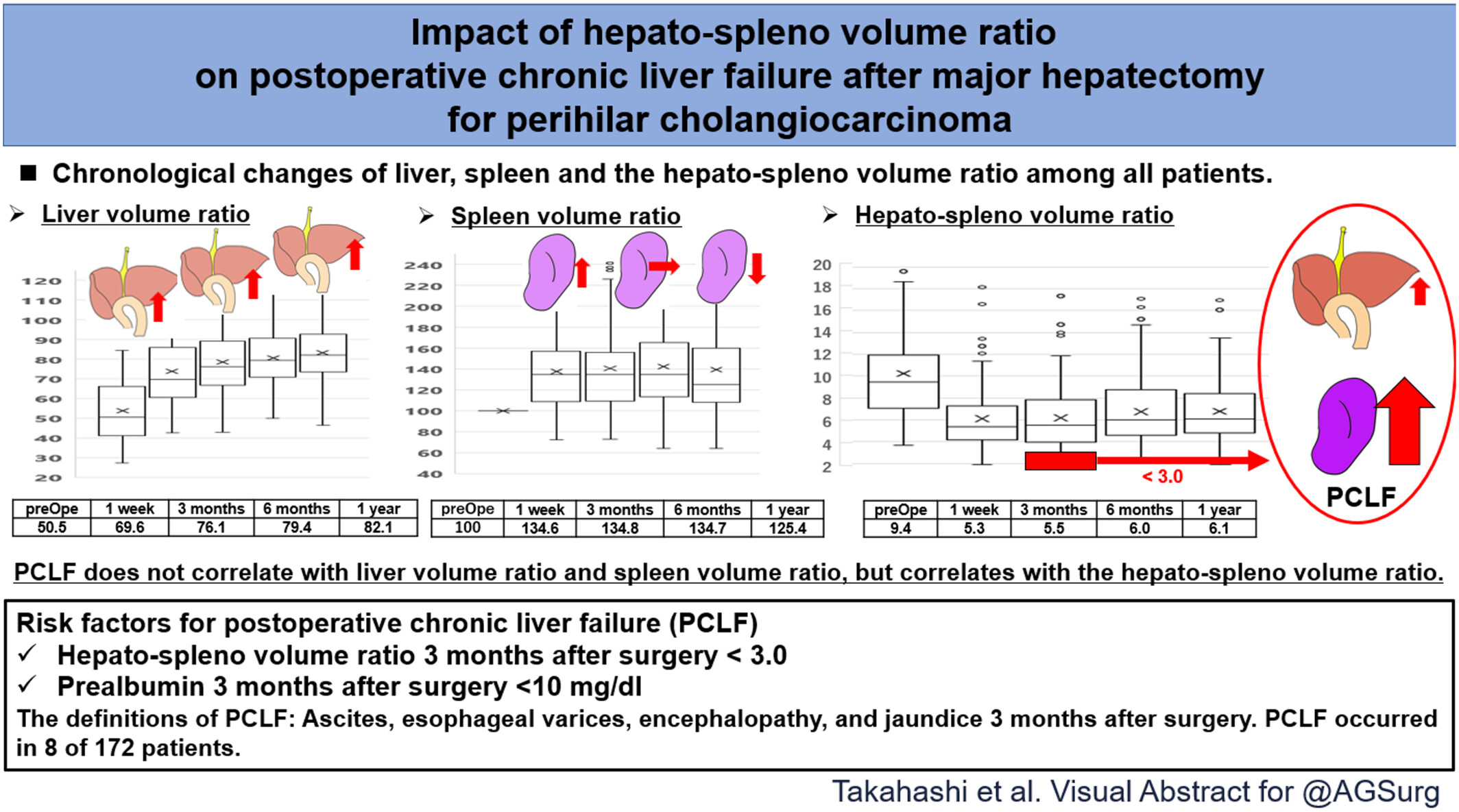
The hepatospleno volume ratio and prealbumin levels 3 mo after major hepatectomy for perihilar cholangiocarcinoma are significant predictors of postoperative chronic liver failure (PCLF). The importance of this finding is that it emphasizes the need for targeted postoperative nutritional support and regular screening endoscopy to mitigate the risk of PCLF in vulnerable patients.
Combined effect of frailty and sarcopenia on postoperative complications in older adults undergoing curative surgery for hepato-biliary-pancreatic cancer
- Pages: 587-594
- First Published: 24 December 2024

A multivariable logistic regression model was performed using covariates that were significant in the bivariable analyses, including bile duct cancer, longer operative times, and greater blood loss. Prefrail or frail status combined with sarcopenia remained significant in this model (OR 4.74; 95% CI, 1.10–20.29; p = 0.04).
Nationwide medical database study for postoperative nutritional management in patients undergoing gastroenterological cancer surgery
- Pages: 595-607
- First Published: 27 November 2024
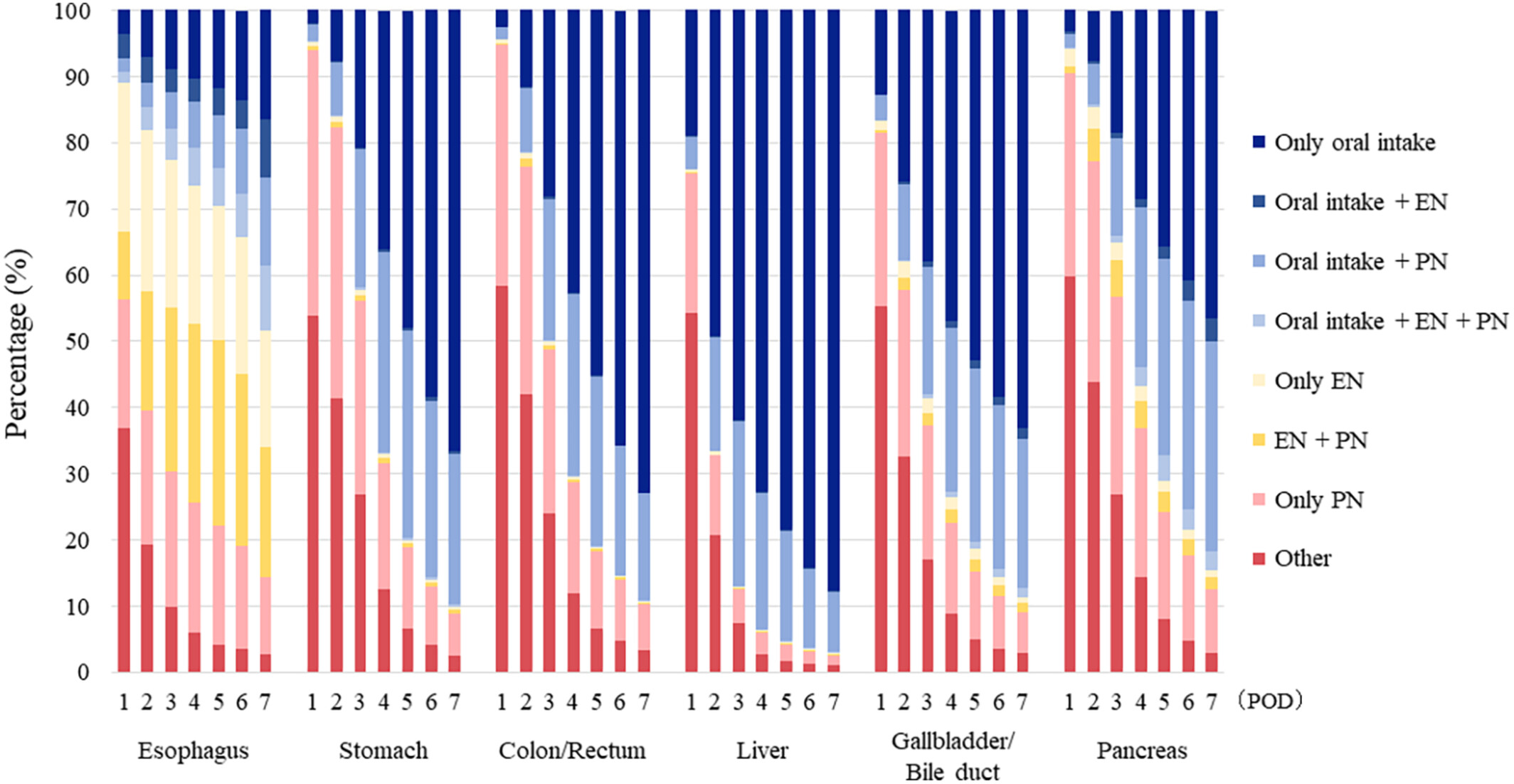
The study aim was to clarify how nutrition was managed in patients based on surgical site during the first 7 d after gastrointestinal cancer surgery. As results, oral intake after gastrointestinal cancer surgery started earliest in patients having liver surgery and latest in patients having esophageal surgery. Substantially less than half of fasting patients were prescribed target parenteral energy and amino acid doses.
Impacts of COVID-19 pandemic on short-term outcomes of low anterior resection performed in hospitals with different surgical volumes
- Pages: 608-618
- First Published: 23 December 2024
Effect on short-term outcomes of the COVID-19 pandemic following laparoscopic distal gastrectomy and low anterior resection for gastric and rectal cancer: A retrospective study using the Japanese National Clinical Database, 2018–2022
- Pages: 619-627
- First Published: 23 December 2024




